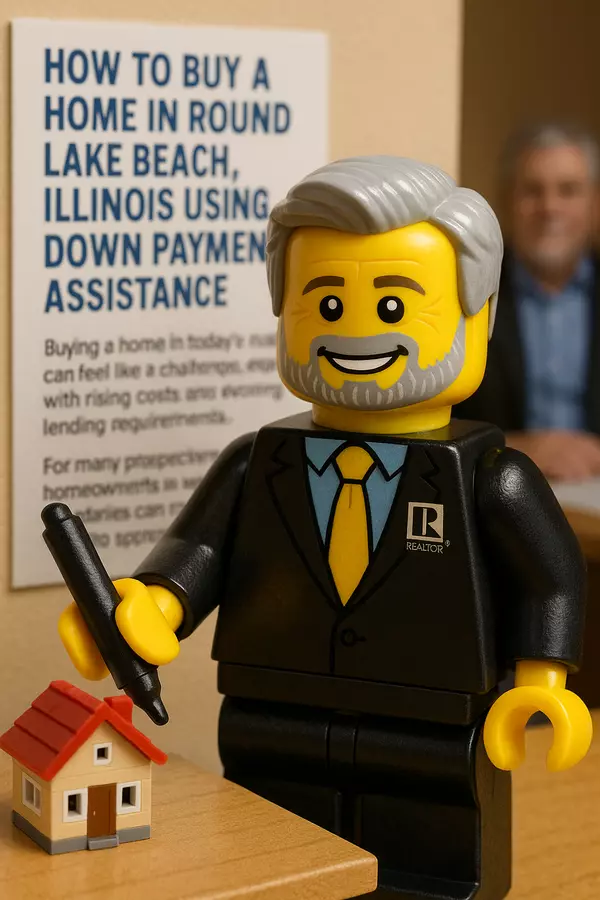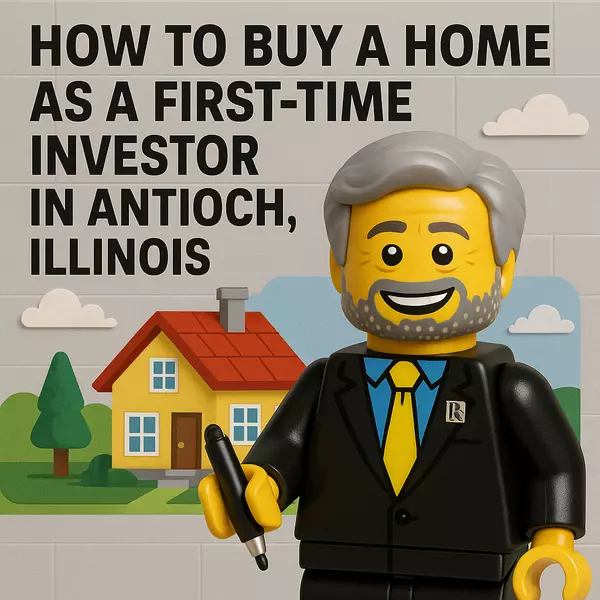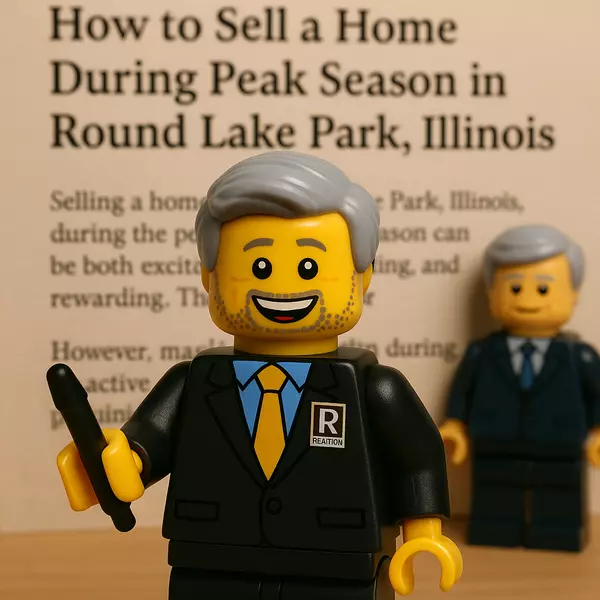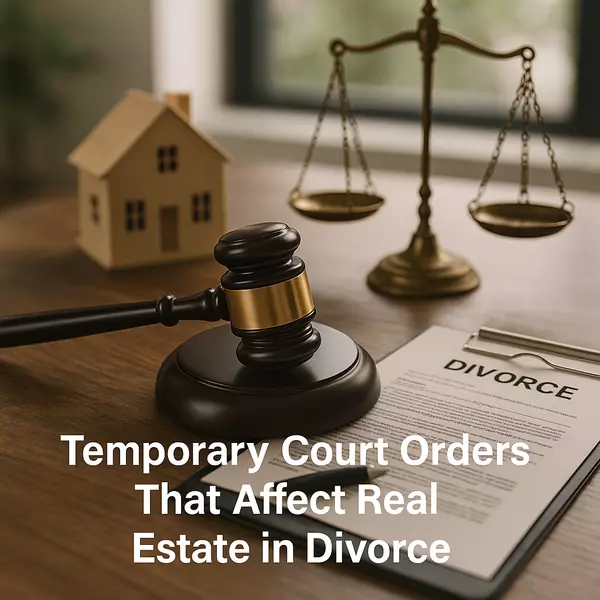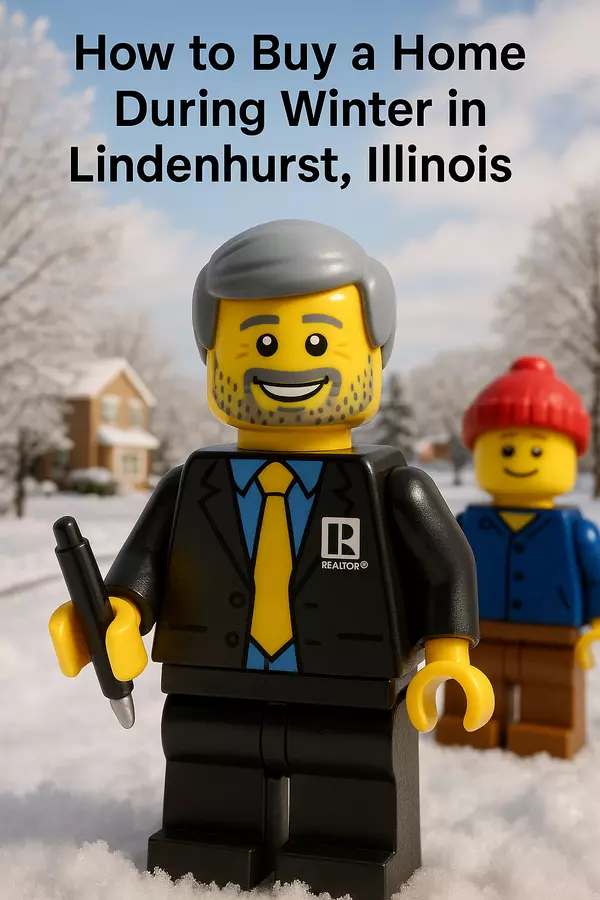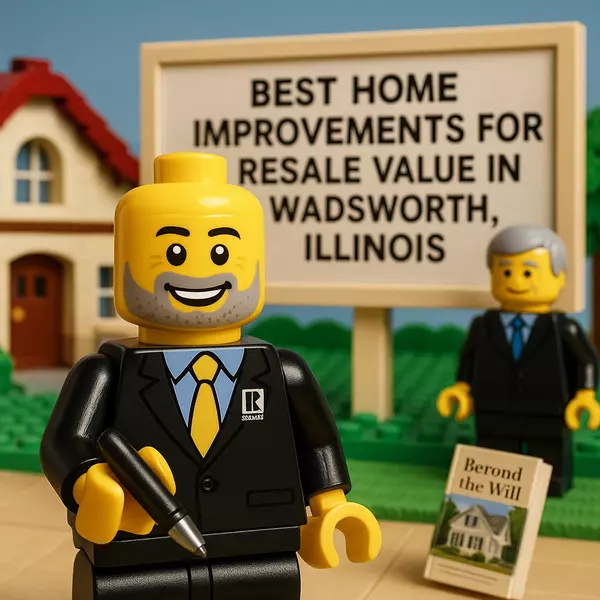Selling a Home in Lindenhurst: What You Need to Know About Capital Gains Tax
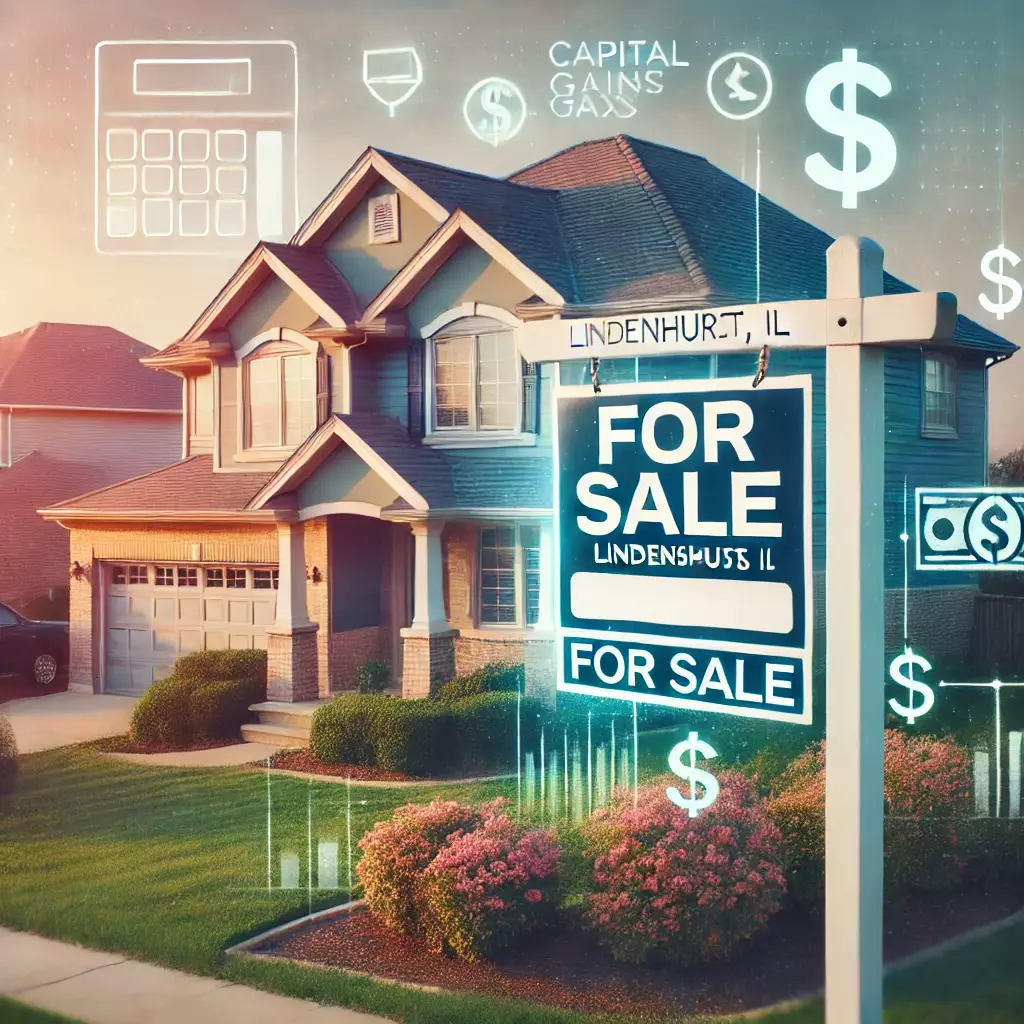
Are you planning to sell a home in Lindenhurst and wondering how capital gains tax might affect your sale? It's a common question that many homeowners face when considering selling their property. Capital gains tax is one of those financial considerations that can significantly impact your profit from the sale of a home, but understanding the rules can help you navigate it effectively. In this guide, we’ll explore what capital gains tax is, how it applies to real estate transactions, and what exemptions you may be eligible for when selling your home in Lindenhurst.
What is Capital Gains Tax?
Capital gains tax is a tax on the profit you make when you sell an asset, such as real estate, for more than you paid for it. In the context of selling a home, this means that if you sell your property for more than your original purchase price, you may be required to pay tax on the 'gain.' This tax can be applied at both the federal and state levels, and the rate can vary depending on how long you've owned the property.
How Does Capital Gains Tax Apply When Selling a Home?
When selling a home, capital gains tax applies to the profit made on the sale. However, many homeowners may qualify for significant exemptions under the IRS rules, which can greatly reduce or even eliminate the amount of tax owed. At the time of this publication the IRS allows homeowners to exclude up to $250,000 of the gain if they are single and up to $500,000 if they are married and filing jointly, as long as they meet certain requirements. To qualify for this exclusion, you must have owned and lived in the home as your primary residence for at least two of the five years before the sale. It is important to consult with a licensed tax professional to find out what your eligibility requirements and exceptions are.
Click Here for current Active and recently Closed Homes in Lindenhurst, IL
Capital Gains Exemptions for Homeowners in Lindenhurst
One of the key exemptions to be aware of is the primary residence exclusion. As mentioned earlier, if the property you're selling has been your primary residence for at least two of the last five years, you may qualify for this exclusion. This can significantly reduce or eliminate your capital gains tax obligation. However, it's important to remember that this exclusion only applies to primary residences, not to investment properties or second homes. A licensed tax professional is who to talk to to make sure you are making the right decisions for you.
What Happens If You Don’t Qualify for an Exemption?
If you don’t qualify for a capital gains exemption, or if your profit exceeds the exclusion limit, you may need to pay capital gains tax on the amount that exceeds the exclusion. The tax rate you pay will depend on several factors, including how long you have owned the home and other factors. If you’ve owned the property for more than a year, your gains will typically be taxed at the long-term capital gains rate. Please consult a licensed tax professional to see how this will affect your personal situation, as we can not provide any guidance on the matter, by law.
Click Here for current Active and recently Closed Homes in Lindenhurst, IL
How to Minimize Capital Gains Tax When Selling Your Home
There are a few strategies that homeowners in Lindenhurst can use to minimize capital gains tax when selling a home. First, ensure that you meet the requirements for the primary residence exclusion by living in the home for at least two of the last five years. Additionally, keep thorough records of any improvements or renovations you’ve made to the property, as these may increase your home's basis and possibly reduce your taxable gain. It’s also a good idea to consult with a tax professional who can help you understand your specific situation and explore other potential tax-saving strategies.
Understanding State and Local Taxes in Illinois
In addition to federal capital gains tax, it’s important to be aware of state and local taxes. Illinois does not have a separate state capital gains tax, but your gains will be subject to Illinois income tax. You’ll need to report your capital gains on your state income tax return, and the rate is currently 4.95% at the time of publication. Make sure to consult a tax professional to ensure you're fully prepared for both federal and state tax obligations when selling your home in Lindenhurst.
Ready to Sell Your Home in Lindenhurst?
If you're ready to sell your home in Lindenhurst or simply want to learn more about how capital gains tax may apply to your sale, The Dick Barr Group is here to help. Our team of experienced real estate professionals can guide you through the process as well as put you in touch wiath qualified and reputable professionals to assist you with your tax questions, ensuring that you make informed decisions at every step. Contact us today at 847-579-9736 or email DB@DickBarr.com to get started.
Categories
- All Blogs (205)
- Antioch (16)
- Closing Costs (7)
- Commercial Real Estate (1)
- Community (21)
- Credit (3)
- Divorce (12)
- Estate Sales (5)
- Foreclosure (7)
- Fox Lake (12)
- Grayslake (8)
- Gurnee (9)
- Hainesville (1)
- Homebuyer Tips (73)
- Homeowner Tip (42)
- Ingleside (8)
- Investor Tips (9)
- Lake Villa (20)
- Latest News (20)
- Lindenhurst (19)
- Mortgage Tip (8)
- Probate (44)
- Rehab (1)
- Reverse Mortgage (1)
- Round Lake (17)
- Round Lake Beach (19)
- Round Lake Heights (11)
- Round Lake Park (19)
- Seller Tips (119)
- Service Partners (1)
- Taxes (4)
- Volo (4)
- Wadsworth (7)
Recent Posts

